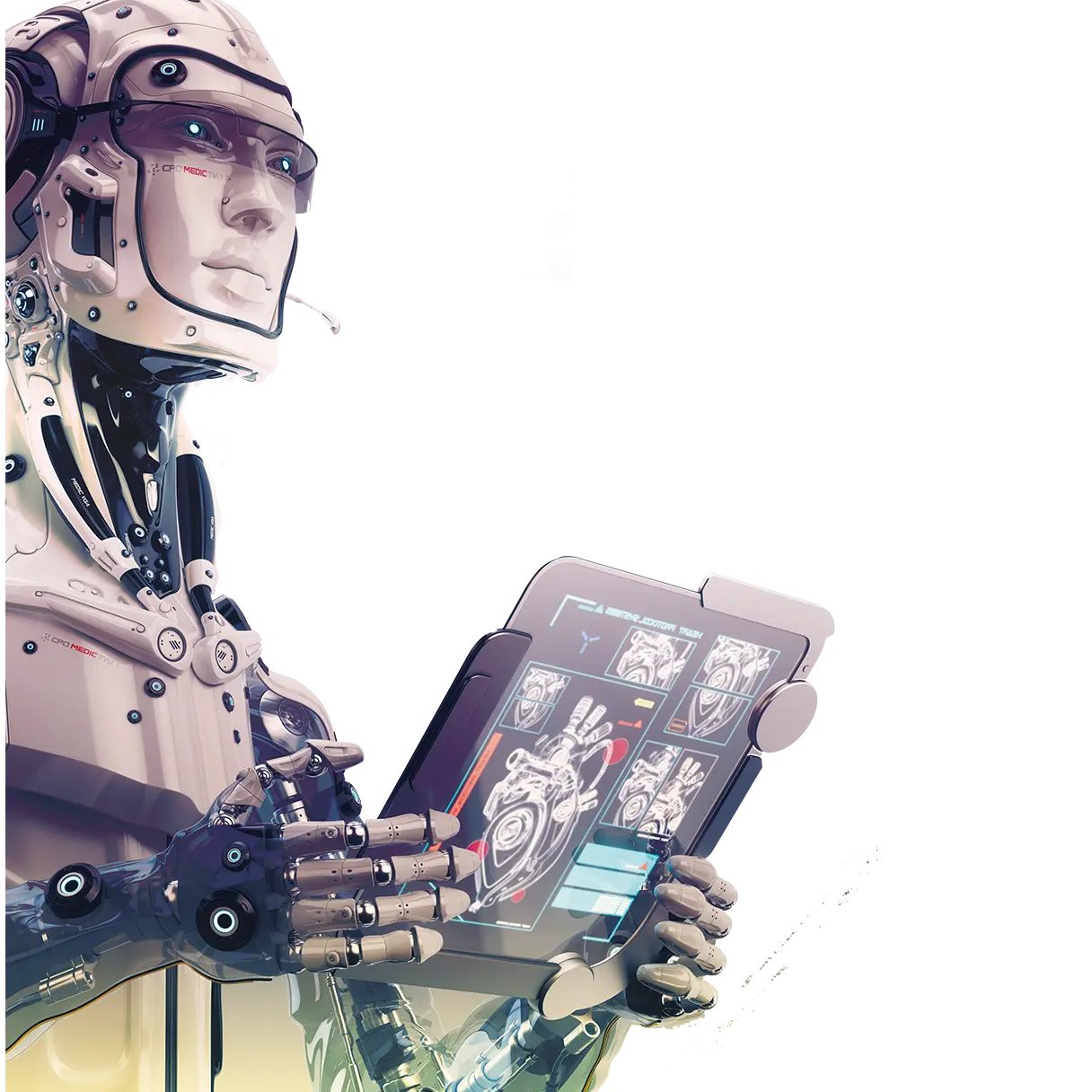
Goodbye to pretending to work remotely: this Artificial Intelligence tells your boss what you are doing at all times
It was with the pandemic that the vast majority of workers discovered what teleworking was, at the same time that they observed that they could carry out their tasks and get their work done from their own homes. Although with the "return to normality" the vast majority had to return to the offices, many employees resisted, and although there are fewer and fewer, many companies have maintained the hybrid work modality or 100% teleworking still exists.
As we said, once we were able to go out on the street normally again, companies demanded the return to the offices, since the rents for these were already paid and they had to be made profitable. Although the truth is that this is not the only reason why companies want to end teleworking.
And even though we managed to get everything done during the weeks we were locked up at home, the belief has become popular (and as teleworkers themselves acknowledge) that while working at home, we take advantage of it to do other things that are not related to our work.
Being alone at home, there is no one watching over us watching what we do at any given moment, so many take advantage of it to hurry up our sleep hours, prolong breakfast or even run errands around the house during their workday.
And although there are indicators if the employee is active, such as, for example, with the Microsoft Teams app, which indicates the status depending on whether it detects that the computer is being used or if it is absent, teleworkers have found many ways to "trick" the system and even if their boss suspects that they leave the computer unattended, they cannot prove it.
But as reported by The Wall Street Journal, thanks to Artificial Intelligence, a new activity detection software has been developed that not even the most ingenious tricks to pretend to be working work.
This AI is capable of detecting repeated keystrokes or irregular patterns in an employee's computer activity, for example, if you keep a key pressed all the time to appear as if you are using Word, the system identifies that it is not normal behavior and tells your boss that there is something strange.
Another of the most striking aspects of this monitoring system is that it is capable of taking screenshots of employees' computers, although this must be controlled for user privacy reasons. Finally, this AI also has random alerts that go off at different times to which the worker has to respond to show that he is really sitting in front of his computer.
It seems that slacking off during teleworking has its days numbered, since with this powerful system it is almost impossible to pretend that you are working while doing other things. Even so, companies must be careful when applying this AI, since there are numerous studies that have shown that monitored employees are more likely to make worse decisions or even perform less well because they feel like they are in a kind of "digital prison," which also leads to talent flight.

 IHRO NEWS
IHRO NEWS